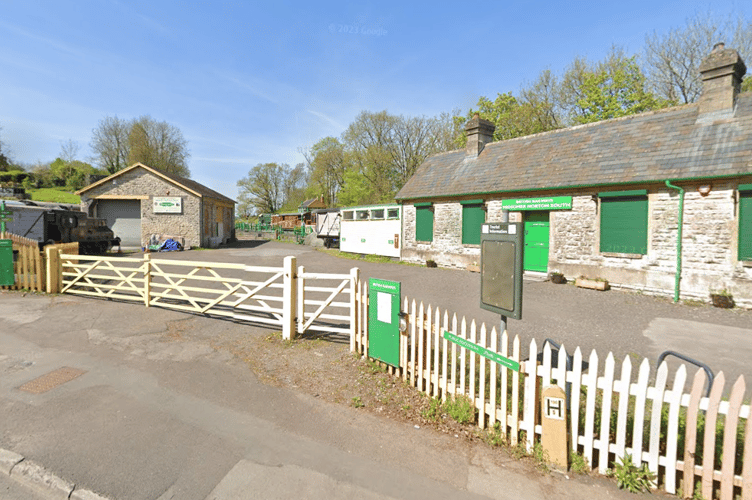RESIDENTS across Bath and North East Somerset can take advantage of free blood pressure checks as part of Know Your Numbers week at a series of local events.
The event starts at the Somerset and Dorset Railway in Midsomer Norton on Sunday, September 1.
Qualified clinicians will be offering tests to visitors at the station between 10.30am and 2.30pm.
Visitors to the heritage railway will be able to check if they have high blood pressure, which usually has no symptoms, from the clinicians on hand.
Stephen Lacey, chairman of the Somerset & Dorset Railway Heritage Trust at Midsomer Norton Station, said: “We’re thrilled to be part of this brilliant initiative offering our community a chance to have their blood pressure checked while exploring our heritage railway and museum. We know that the health of local people and our dedicated volunteers is important, so it's great to be able to help out by hosting these pop-up checks.”
The initiative, led by Bath and North East Somerset, Swindon and Wiltshire Integrated Care Board, brings together local health and care organisations to help prevent ill-health and make it easier for people to take control of their own health and wellbeing.
An estimated six million people in the UK have undiagnosed high blood pressure, and every day, 350 people experience a stroke or heart attack that might have been preventable.
The only way to determine if blood pressure is elevated is through regular checks, which are simple to arrange and can be life-saving.
The pop-up events will help to reach people who are unaware that they have high blood pressure and guide them towards the treatment and support they need to bring it under control.
Gill May, chief nurse at Bath and North East Somerset, Swindon and Wiltshire Integrated Care Board, said: “High blood pressure is responsible for more than half of all strokes and heart attacks and preventing it is a key priority for Bath and North East Somerset, Swindon and Wiltshire Integrated Care Board.
“Many adults living with high blood pressure remain undiagnosed. Without detection and appropriate intervention, it can increase the risk of having a stroke, heart attack or heart failure. “Getting out and about in our local community will allow us to raise awareness of this hidden killer, help to prevent heart attacks and strokes and, ultimately, improve the health of our local population.”



